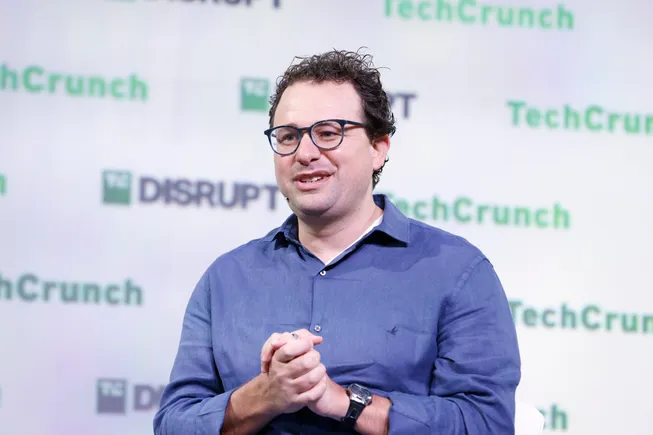No evidence of jobs being entirely automated by AI, analysis shows

Dive Brief:
- Workers are using artificial intelligence slightly more for augmentation (57%) than for automation (43%), an analysis of more than 4 million AI user prompts by AI safety and research company Anthropic found.
- Computer and mathematical workers, particularly software engineers, made up the bulk of employees using AI for work tasks. Of all requests sent to Claude, Anthropic’s native AI, 37.2% were in this job category. Some of the most common task requests included software modification, code debugging and network troubleshooting.
- “If it remains the case that AI is used only for certain tasks, and only a few jobs use AI for the vast majority of their tasks, the future might be one where most current jobs evolve rather than disappear,” Anthropic concluded.
Dive Insight:
Anthropic’s analysis is the first to come alongside the launch of its Anthropic Economic Index, an initiative “aimed at understanding AI’s effects on labor markets and the economy over time,” the company said.
Although the company acknowledged that “the labor-market picture may look quite different within a relatively short time,” the initial findings may be reassuring to workers fearful that AI could replace them.
Crucially, Anthropic found that very few occupations make substantial use of AI. Only about 4% of jobs used the tool for at least 75% of tasks, the company found, while a little over a third of jobs used AI for at least 25% of tasks.
“There wasn’t evidence in this dataset of jobs being entirely automated,” Anthropic said. “Instead, AI was diffused across the many tasks in the economy, having stronger impacts for some groups of tasks than others.”
The findings mirror an assessment made by Indeed last fall stating that while generative AI could assist in various tasks, there were no skills for which it was “very likely” to replace a human worker.
Workers with mid-to-high median salary ranges, like computer programmers and copywriters, were the heaviest users of AI, Anthropic’s analysis found. Both low-paying and very-high-paying jobs had very low rates of AI use, with many of these being jobs that require “a large degree of manual dexterity, such as shampooers and obstetricians.”
Additionally, even in cases of heavy usage, AI tended to assist rather than replace the skills of workers, Anthropic found. Workers used AI for collaborative processes like double-checking their work, helping them gain new skills or knowledge and helping them brainstorm or complete repeated, generative tasks. They also leaned on AI to do more automatic tasks, like complete a directive with minimal interaction or complete a task guided by environmental feedback.
Anthropic noted a couple caveats with its study, including that it couldn’t guarantee that users were engaging Claude for work purposes (rather than, for example, to help with a hobby), and that further refinement could have taken place after users received responses. “A user might ask Claude to write a full memo for them (which would appear as automation), but then edit it themselves afterwards (which would be augmentation),” the company said.
In addition to computer and mathematical workers, Anthropic found some other leading users of AI by job were bioinformatics technicians (2.9%), technical writers (1.8%), copywriters (1.6%), tutors (1.6%) and archivists (1.5%).
Related
A top recruiter says sports marketing roles are hot right…
Jobs are opening up in the sports industry as teams expand and money flows into the industry.Excel Search &
Public employees and the private job market: Where will fired…
Fired federal workers are looking at what their futures hold. One question that's come up: Can they find similar salaries and benefits in the private sector?
Mortgage and refinance rates today, March 8, 2025: Rates fall…
After two days of increases, mortgage rates are back down again today. According to Zillow, the average 30-year fixed rate has decreased by four basis points t
U.S. economy adds jobs as federal layoffs and rising unemployment…
Julia Coronado: I think it's too early to say that the U.S. is heading to a recession. Certainly, we have seen the U.S. just continue t










